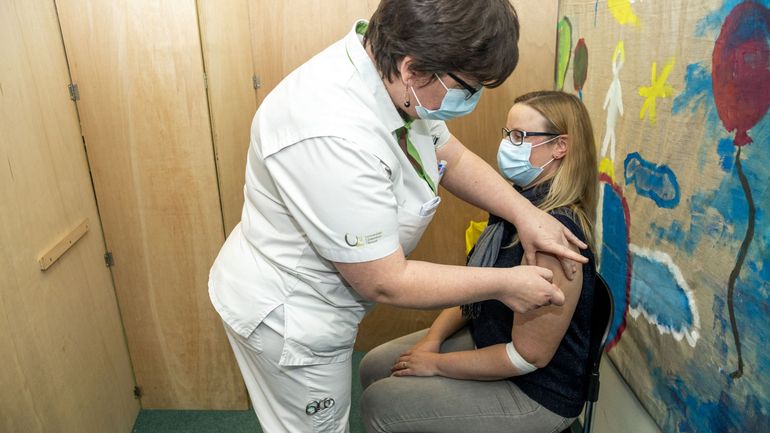A trial by Oxford University is testing the efficacy of mixing vaccines for the new coronavirus (Covid-19) for their first and second doses instead of injecting the same type twice.
Scientists aim to establish what the difference is in the level of immunity for the new coronavirus (Covid-19) during a trial of 820 people, in which some will be given a substitute vaccine during the second appointment.
People over the age of 50 who have not yet received the vaccine in England are being asked to volunteer for the research, which is being funded by the UK government’s vaccine task force.
Related News
- 450 doses of Pfizer vaccine thrown away in UK after refrigerator problem
- 'Leave no one by the wayside': vaccines must also reach most vulnerable
Participants will receive the first dose of either the Oxford/AstraZeneca vaccine or the Pfizer/BioNTech vaccine. One part of the trial group will then receive an alternative vaccine during a second appointment within 12 weeks, whilst others will be injected with the same vaccine again.
Some scientists believe this new approach may even provide better protection than when people receive the same jabs twice, as various Ebola immunisation programmes have already proven that mixing different jabs can improve protection.
If efficacy levels are equal, or higher, when administering two different vaccines, this could provide more flexibility with vaccine rollout and counter any potential disruption to supplies.
Other vaccines may be included in this trial once they are approved by regulators.
Lauren Walker
The Brussels Times

